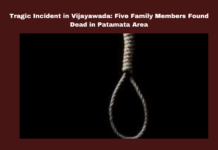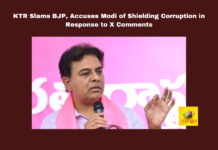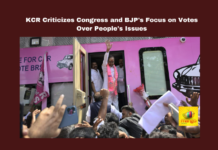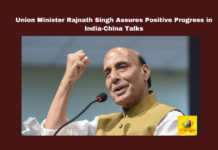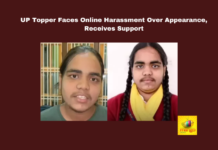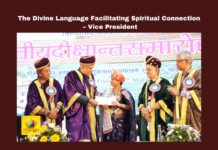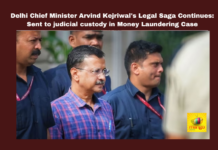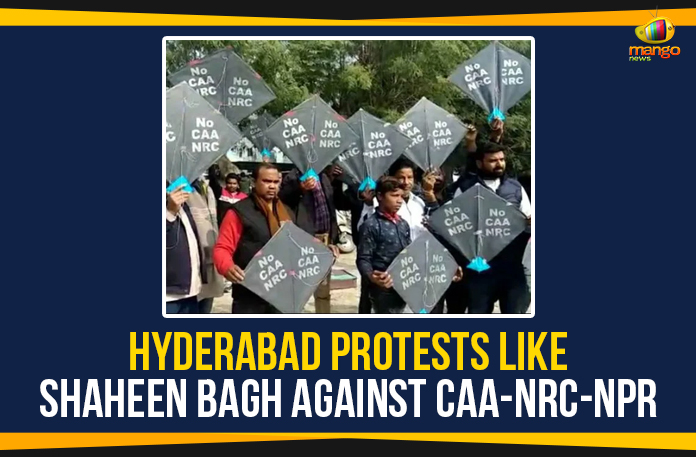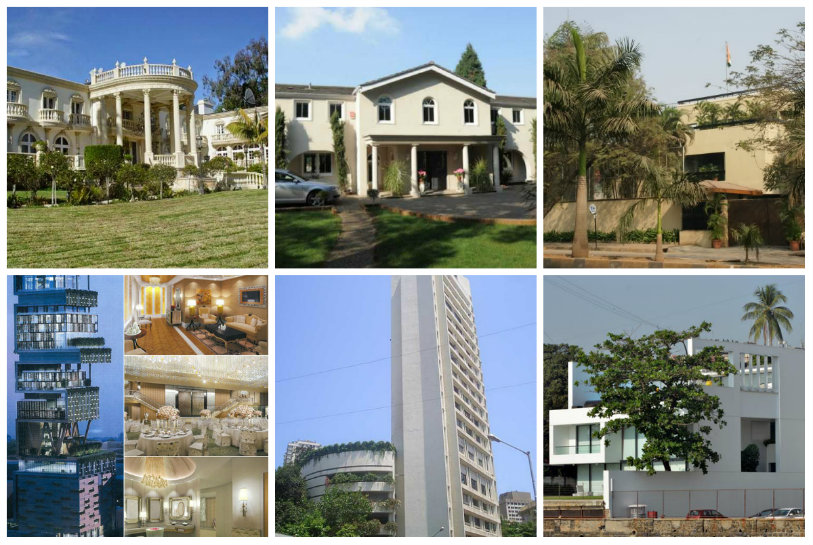After Shaheen Bagh of Delhi and Mumbai Bagh of Mumbai, citizens of Hyderabad are also protesting against the Citizenship (Amendment) Act [CAA.]2019.
An hour long night halt protest is being organised regularly by Hyderabad citizens against the CAA, the National Register Citizen (NRC) and National Population Register (NPR.)
The residents of surrounding colonies started the protest at Pillar No. 211 of PVNR Expressway, from 8:30 P.M., to 9:30 P.M. It has been a week since the residents of Hyderabad started this protest, every day for an hour at night.
A protestor, addressed the media and said, “People across the Nation are not hitting the roads for the heck of it. They are concerned about the future of the country and the sanctum and sanctorum of the democracy which is at stake after the promulgation of NRC and CAA. The BJP Government at the Centre is trying to divide the nation on communal lines.”
All the protestors were shouting slogans and conducting the protest in a peaceful manner without troubling people nearby and violating any law and order.
A woman protestor said, “Despite the national outcry against the anti people laws, the Government is moving ahead unilaterally with the implementation dividing the people on religious lines. We took to streets against the unilateral imposition of these laws not just because they are subversive and directed towards Muslim community but also harm the other communities one after another pushing them out of the ambit of a democratic frame work of the country.”
Hyderabad residents are following the way of Shaheen Bagh and Mumbai Bagh protestors, who are protesting against the CAA, NRC and NPR 24X7. It has been 2 months since the Shaheen Bagh protests went on and is expected to continue until the BJP Government decides to withdraw the CAA.
CAA, 2019, is an act implemented across India on the 11th of January, 2020, to provide citizenship to refugees from Afghanistan, Pakistan and Bangladesh, residing in India since or before the 31st of December, 2014.
The major reason people across major parts of India are protesting against the Act is because it provides citizenship to refugees persecuted by Mislim majority countries based on their religious beliefs and does not include Muslims.
The communities eligible under the Act are the Hindus, the Sikhs, the Christians, the Jains, the Buddhists and the Parsis.



